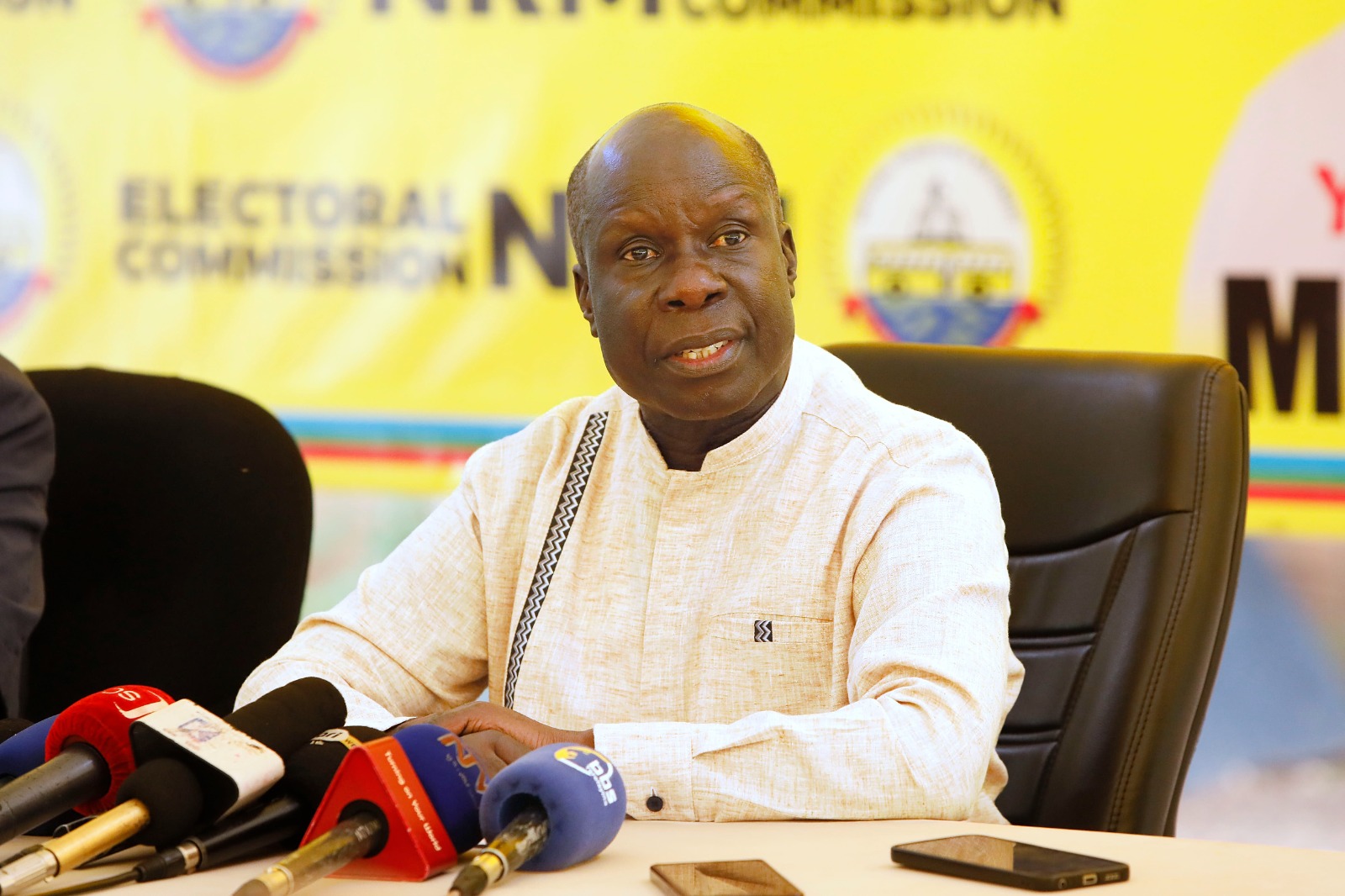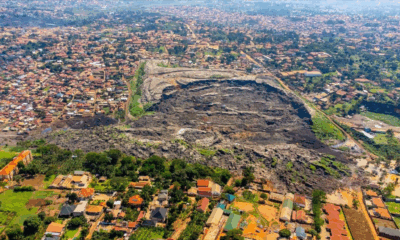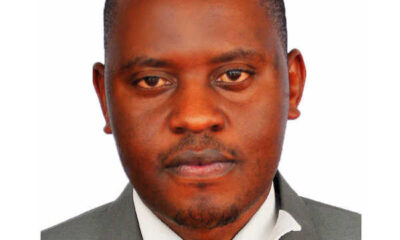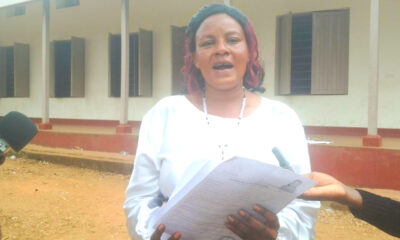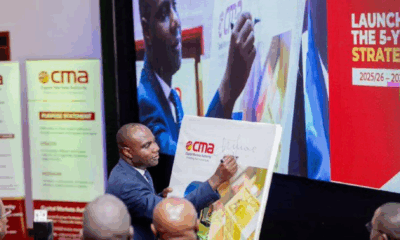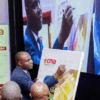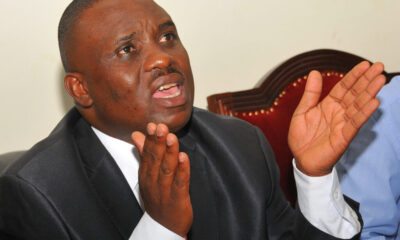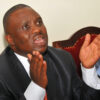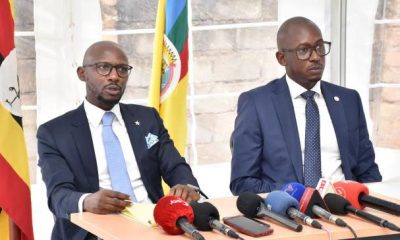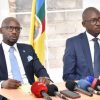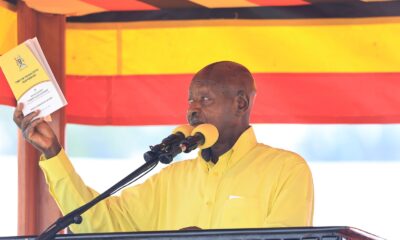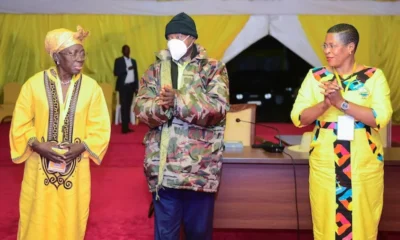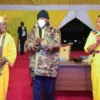Politics
Tanga Odoi Urges Aggrieved NRM Candidates to File Petitions, Not Vent on Social Media
Dr. Tanga Odoi, Chairperson of the National Resistance Movement (NRM) Electoral Commission, has issued a firm call to all NRM members who participated in the recent party primaries to pursue formal petition processes rather than resorting to social media outbursts and press conferences.
Speaking in response to emerging tensions and online expressions of dissatisfaction from some candidates, Dr. Odoi emphasised that all contestants, regardless of stature or popularity, begin the electoral process on equal footing — “Ground Zero.”
“There is no big person in this election,” Dr. Odoi said. “Fortunately, the election starts when all candidates are at Ground Zero, and that’s what the chairman of the party told us.”
The recent NRM primaries, held across several constituencies including Namutumba, have drawn attention for internal disputes and allegations of vote rigging and favouritism. While the party’s internal electoral framework provides a tribunal to receive and investigate complaints, Dr. Odoi expressed concern over the growing trend of disgruntled candidates seeking public sympathy through social media platforms rather than pursuing structured redress mechanisms.
“If they declared that you lost, you petition. You don’t go to social media to petition,” he stressed. “You should not go addressing press conferences to show how important you are, how tall you are, how beautiful or handsome you are. The petition will talk for itself.”
NRM, Uganda’s long-standing ruling party, has previously faced criticism over the transparency of its primaries. In the 2020 party primaries, several high-profile candidates lost under controversial circumstances, prompting President Yoweri Museveni to urge for calm and trust in the party’s internal dispute resolution mechanisms. At the time, over 300 petitions were filed, leading to the nullification or review of several outcomes.
This year, the NRM Electoral Commission says it is prepared to handle petitions swiftly and impartially. However, Dr. Odoi noted that as chairman of the commission, he is not directly involved in the arbitration of every petition, even if candidates blame him for their misfortunes. “Even if you have used Tanga Odoi three-quarters of the day, I’m not even going to handle the petition,” he said with a touch of irony. “That’s the indirect rule — that’s how it works.”
He acknowledged that frustrations are inevitable in competitive politics but warned that circumventing party structures only undermines internal democracy.
Political analysts have echoed Odoi’s sentiments, saying that while social media offers candidates a platform to express grievances, formal petitions remain the legitimate pathway to resolving disputes. Dr. Sarah Bireete, Executive Director of the Centre for Constitutional Governance, noted:
“If NRM wants to retain credibility within its ranks and before the public, then its electoral commission must be seen to deliver justice, not just urge silence. But aggrieved members must also respect the institution’s role by using proper channels.”
With Uganda expected to head to national polls in early 2026, the handling of intra-party disputes within the NRM could have far-reaching implications, both in maintaining party unity and shaping public trust in internal democracy.
Dr. Odoi’s message to party loyalists was unambiguous: “File your petition. Let the facts speak for themselves. Don’t politicise your loss in front of cameras. The tribunal will judge — not the crowd on Facebook or X.”
Comments



